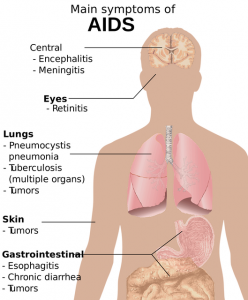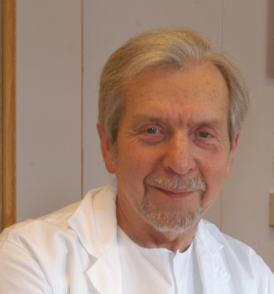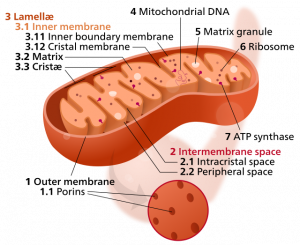Heart failure is a condition in which the heart no longer performs as well as it should. It affects millions of people in the United States and Europe. Heart failure is characterized by the following symptoms:
• shortness of breath
• build-up of congestion in the lungs
• accumulation of fluid in the lower extremities
What do we know about selenium status and the risk of heart failure?

Low serum selenium levels are associated with increased risk of heart failure [Al-Mubarak 2021; Bomer 2020].
What do we know about selenium supplementation and heart failure?
- Selenium supplementation of individuals with low selenium status may improve heart function and may reduce the need for hospitalization [Alehagen 2022].
- Selenium supplementation of individuals with low selenium status may reduce the oxidative stress and systemic inflammation that increase the risk of heart failure [Alehagen 2022].
Selenium and the Risk of Cardiomyopathy
Myocardium is the medical term for the heart muscle. Cardiomyopathy is a disease or disorder of the heart muscle, often of unknown cause. Keshan disease is a form of cardiomyopathy that develops as a result of selenium deficiency and exposure to a strain of the coxsackievirus. The disease takes its name from Keshan County in northeastern China Its symptoms were first observed there. Keshan disease can result in heart failure [Zhou 2018].






